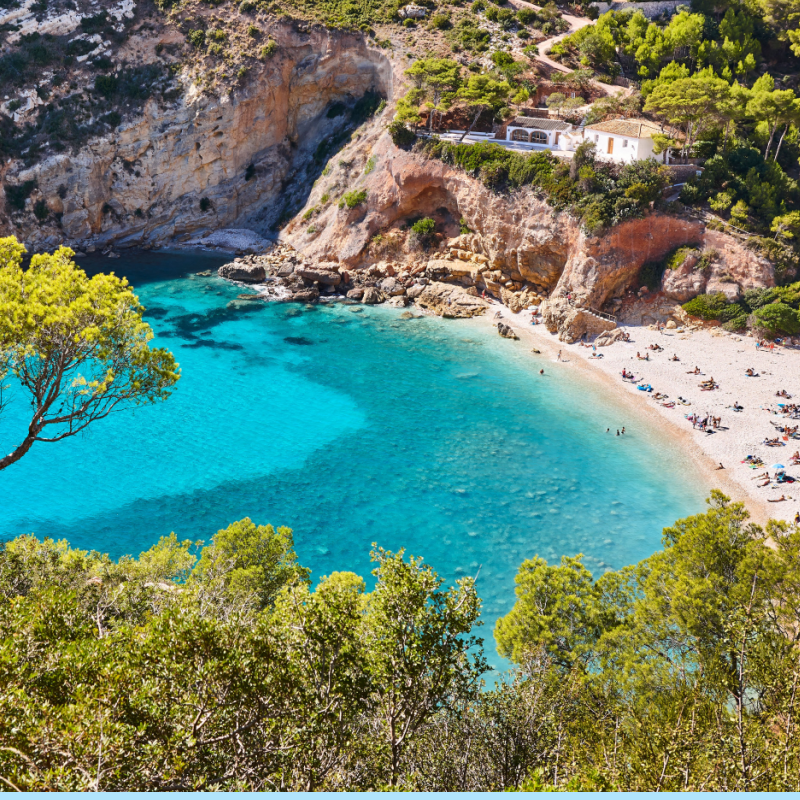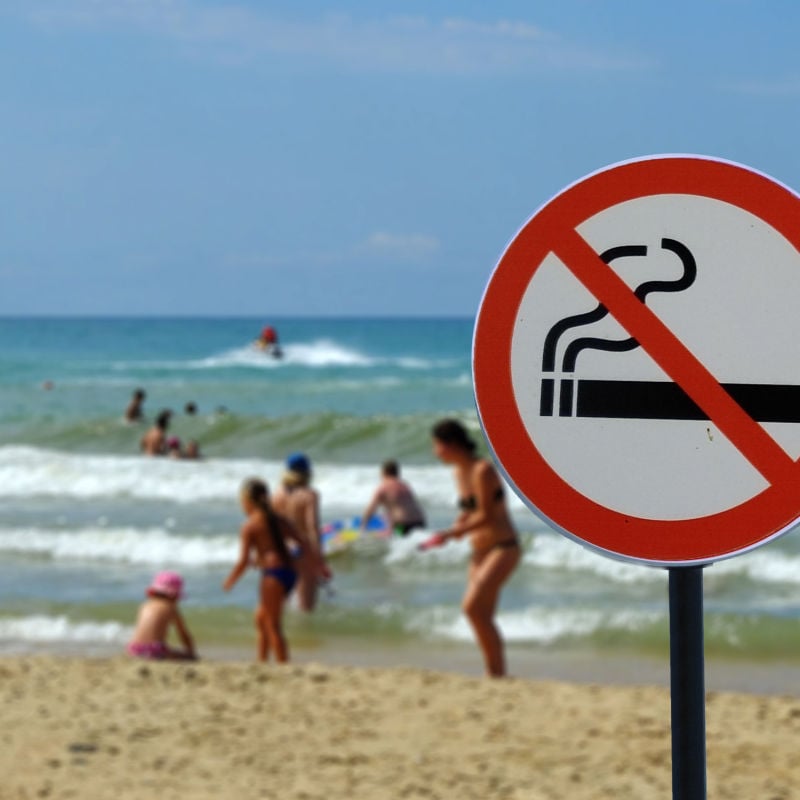Last Updated
Spain is one of Europe’s most popular vacation destinations and the second-most visited country in the world. More than 49 million foreign tourists visited Spain in 2022.

It’s easy to see why. Spain boasts year-round sunshine, a rich cultural heritage, and some of the world’s best beaches. But with so many people visiting Spain each year, locals often feel frustrated by the noise and mess they generate.
In a bid to combat this, many of the 17 autonomous communities in charge of governing Spain have introduced new rules and regulations aimed specifically at tourists.

From bans on smoking in public to strict dress codes and noise control limits, here’s everything visitors to Spain need to know:
Carry Enough Cash
Visitors to Spain from outside of the EU must be able to demonstrate that they have enough money to support themselves for the whole duration of their trip before they can enter Spain.
Tourists will need to have at least 100 euros ($110) for each day of their vacation, plus another 900 euros ($984) for any emergencies that may arise.
The Spanish Interiors Minister confirmed this rule, stating that “Foreigners from third countries must prove if required to do so by the officials in charge of controlling the entry of people into Spanish territory, that they have economic resources for entering the country through cash, travelers’ checks, payment letters or credit cards.”
Top 5 Travel Insurance Plans For 2023 Starting At $10 Per Week

Top 5 Travel Insurance Plans For 2023 Starting At $10 Per Week
Border control isn’t stopping every person entering the country to look at their bank statements, so this rule is rarely enforced. But it’s important to know you could be asked to demonstrate your financial status and turned away if it doesn’t meet these limits.
Smoking On The Beach
If your idea of a perfect vacation is lying on the beach with a drink in one hand and a cigarette in the other, then there are certain beaches you might want to avoid on your next visit to Spain.
In 2022, smoking was banned on all of the ten beaches in Barcelona. If you smoke on a beach in the region, then you could be issued a fine.

This year, the Balearic Islands have followed suit and banned smoking on many of their beaches too. A total of 28 beaches are taking part in the scheme. Each banned beach will now boast a 4-meter-tall banner alerting you to the fact that the beach has ‘smoke-free status.’
No fines are being introduced at this time, as the local council is hoping visitors will follow the new rules out of a sense of civic responsibility instead.
Increased Noise Control Rules
Alicante is one of Spain’s most popular regions, but they are now introducing Spain’s toughest-ever rules on noise pollution.
In 2019, rules were put in place that fined visitors and entertainment establishments between 600 euros and 30,000 euros for excessive noise. This included loud music and dancing.

This year those rules have been strengthened further. Now tourists can be fined for talking too loudly, playing music on the beach, or even scraping furniture if they move it across their patios at antisocial hours.
It brings a whole new meaning to the phrase quiet as a mouse! But this means Alicante is the perfect place to visit if you’re looking for a relaxed and peaceful location.
All-Inclusive Drink Limits
Spanish authorities perceive drunk and rowdy tourists to be a huge problem. In a bid to combat that, the phrase ‘all-inclusive’ no longer means what you would expect in some Spanish destinations.
The towns of Magaluf, El Arenal, Playa de Palma in Mallorca, and Sant Antoni in Ibiza, have introduced drink limits within all-inclusive hotels.

Guests can now only have 6 drinks per day as part of these packages: three drinks at lunchtime and three drinks at dinner time. Any additional alcoholic beverages will need to be paid for separately.
New Dress Codes
Finally, last year new rules were introduced by several bars and restaurants on the Spanish island of Mallorca. These aimed to ensure that tourists were dressed in a way deemed appropriate by locals.
Items that were banned included tank tops without straps, swimwear of any kind, soccer strips, and any accessories purchased from street vendors.

Dress codes in Spain can be strict, so it is worth checking if there are any dress codes in place for the locations you wish to visit before you travel.
Traveler Alert: Don’t Forget Travel Insurance For Your Next Trip!
↓ Join Our Community ↓
The Travel Off Path Community FB group has all the latest reopening news, conversations, and Q&A’s happening daily!

SUBSCRIBE TO OUR LATEST POSTS
Enter your email address to subscribe to Travel Off Path’s latest breaking travel news, straight to your inbox.
This article originally appeared on TravelOffPath.com









